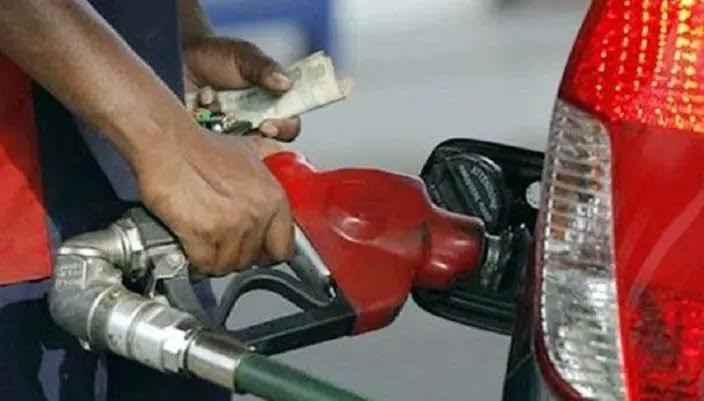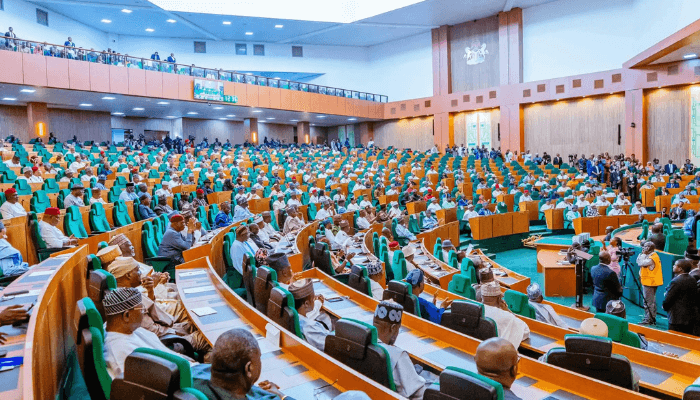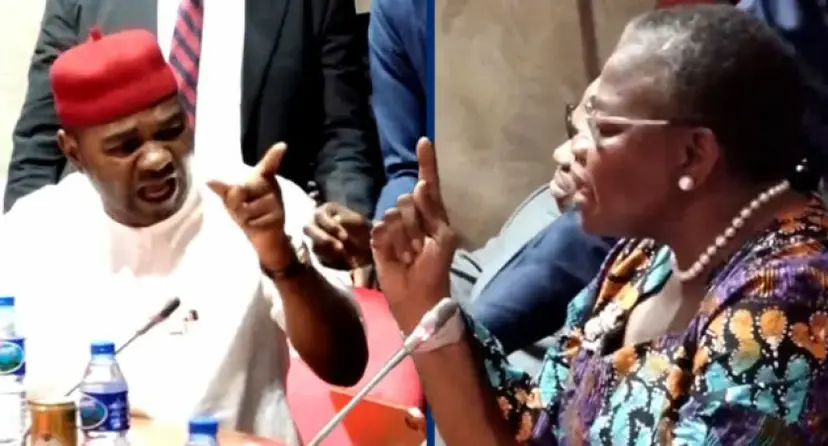The fiscal landscape of Nigeria’s petroleum industry has encountered another jolt, as the cost of landing imported petrol has surged by a staggering ₦88 per litre within a mere seven-day window.
Fresh data curated from the Major Energies Marketers Association of Nigeria (MOMAN) on Wednesday disclosed an uptick in the landing cost of Premium Motor Spirit (PMS), further underscoring the volatility inherent in the nation’s deregulated fuel market.
According to the industry body, the landing cost per litre has spiked from ₦797 to ₦885 in just a week, marking a sharp increment that raises concerns over future market dynamics. This development follows MOMAN’s reiteration that price volatility is an inevitable consequence of a liberalised downstream sector.
The latest figures indicate that this newly adjusted landing cost surpasses the current retail price of Dangote Refinery’s petrol, which is dispensed at ₦860 per litre by MRS and allied marketers. Additionally, Dangote’s ex-depot rate—standing at ₦815 per litre—remains ₦70 lower than the revised importation landing cost, presenting a unique economic conundrum.
In recent months, Nigeria witnessed a reduction in petrol prices, with the pump price plummeting from nearly ₦1,000 per litre in January to an average of ₦860 per litre, largely due to Dangote Refinery’s strategic price adjustments. However, the latest surge in landing cost is poised to disrupt this stability.
The initial dip in costs was prompted by a downward revision of Dangote’s ex-depot rate, but this competitive price reduction led to financial hemorrhaging for fuel marketers, who were compelled to sell at a deficit.
With rising tensions between the Dangote Refinery and the Nigerian National Petroleum Company Limited (NNPCL) over the naira-for-crude policy, compounded by the escalating landing cost, industry stakeholders brace for a potential resurgence in pump prices.
Further complicating the landscape, the Dangote Group recently declared a temporary suspension of naira-based petroleum sales, citing financial misalignment between its crude oil procurement—pegged in US dollars—and its local sales proceeds.
In an official statement, the conglomerate clarified, “Dear valued customers, we wish to inform you that the Dangote Petroleum Refinery has temporarily halted the sale of petroleum products in naira. This decision is necessary to avoid a mismatch between our sales proceeds and our crude oil purchase obligations, which are currently denominated in US dollars.
“To date, our sales of petroleum products in naira have exceeded the value of naira-denominated crude we have received. As a result, we must temporarily adjust our sales currency to align with our crude procurement currency.”
This announcement sent ripples through the petroleum distribution sector, with private depots in Lagos immediately adjusting their loading price to approximately ₦900 per litre—an increase from the previous sub-₦850 range.
Meanwhile, Nigeria has also seen an uptick in imported PMS volumes. According to a document secured from the Nigerian Ports Authority (NPA), a total of seven vessels carrying imported petrol were slated to berth at the nation’s seaports between March 17 and 23. These vessels, collectively transporting 115,000 metric tonnes (approximately 154.22 million litres) of PMS, were designated for delivery across three major seaports: Tincan Port (Lagos), Lekki Deep Seaport (Lagos), and Calabar Port (Cross River State).
Additionally, within the same timeframe, Dangote Refinery imported 654,766 metric tonnes of crude oil, reflecting its growing role in the nation’s petroleum supply chain.
The Depot and Petroleum Products Marketers Association of Nigeria (DAPPMA) has voiced concerns over the prevailing naira-for-crude framework, highlighting its potential risks to Nigeria’s forex stability and investment climate.
In a statement, DAPPMA’s Executive Secretary, Olufemi Adewole, argued, “The naira-for-crude oil transaction framework presents significant risks that could affect Nigeria’s foreign exchange stability and deter foreign direct investment.”
He further emphasized that global crude transactions typically adhere to dollar benchmarks due to the currency’s relative stability and universal acceptability.
Echoing these sentiments, the Petroleum Products Retail Outlets Owners Association of Nigeria (PETROAN) has urged the Federal Government to prohibit Dangote Refinery from conducting domestic petroleum sales in foreign currency.
Billy Gillis-Harry, National President of PETROAN, cautioned that permitting dollar-denominated sales within Nigeria’s petroleum sector could exacerbate inflationary pressures and heighten economic strain.
“We urge the government to ensure that all transactions within the country are conducted in the local currency, the naira, to protect the economy and the welfare of Nigerians,” Gillis-Harry asserted.
On its part, MOMAN has noted that the resistance to these evolving market conditions stems from the country’s historical adherence to price regulation in the downstream petroleum sector.
At the association’s Q1 2025 Press Training & Engagement in Lagos, industry experts emphasized the necessity of a fully deregulated market to drive efficiency, enhance transparency, and attract sustained investment in the sector.
Clement Isong, CEO of MOMAN, reaffirmed that the implementation of the Petroleum Industry Act remains on course, despite market turbulence.
“As the market stabilises, challenges will arise, and resistance from those accustomed to price control is inevitable. But with robust regulation, industry collaboration, and public transparency, Nigeria can fully realise the benefits of this transformation,” MOMAN’s communique stated.
The association underscored the critical role of regulatory bodies—including the Nigerian Midstream and Downstream Petroleum Regulatory Authority and the Federal Competition and Consumer Protection Commission—in safeguarding market integrity, ensuring consumer protection, and fostering a level playing field for industry participants.
A fully functional, competitive petroleum market, it argued, would ultimately yield dividends for both enterprises and end consumers, despite the initial growing pains associated with the transition.
As the energy sector braces for further developments, all eyes remain on the interplay between fuel importation, refining capacities, and regulatory policy, as Nigeria seeks to navigate the complexities of a liberalized petroleum market.




